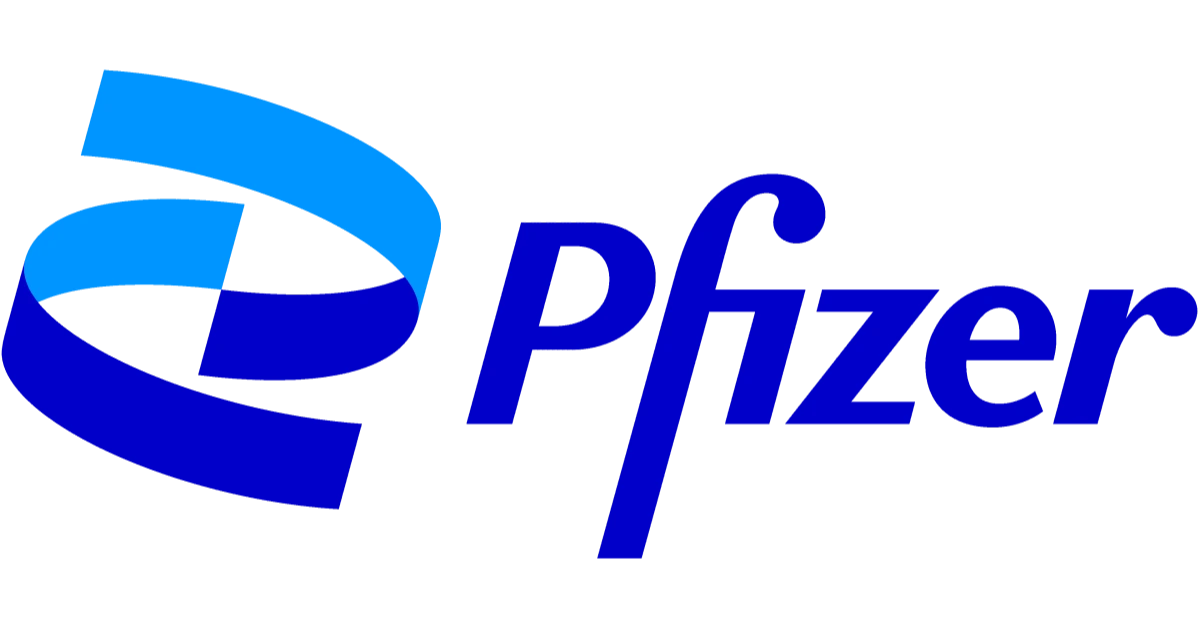
USA – In a week marked by challenges, including tensions with an activist investor and corporate leadership changes, Pfizer has received encouraging news with the FDA’s approval of its new hemophilia treatment, Hympavzi (marstacimab).
This innovative drug represents a significant advancement in the management of hemophilia A and B, offering patients a new option for routine prophylaxis to prevent bleeding episodes.
Hympavzi is designed as a once-weekly subcutaneous injection, with an annual wholesale acquisition cost set at US $795,600.
According to a Pfizer spokesperson, this pricing aligns with current market standards for prophylactic treatments in hemophilia A and B.
The drug will be available for purchase within the current quarter, packaged in a convenient pre-filled auto-injector pen, which analysts believe may enhance its market acceptance.
TD Cowen analysts noted that while Hympavzi’s efficacy improvements over existing treatments are modest, its convenience could play a crucial role in attracting patients.
The drug is specifically indicated for adults and children aged 12 years and older who suffer from hemophilia A without factor VIII inhibitors or hemophilia B without factor IX inhibitors.
Innovative mechanism of action
Unlike traditional hemophilia therapies that replace missing clotting factors, Hympavzi employs a different approach by targeting and reducing a naturally occurring anticoagulation protein.
This mechanism promotes the production of thrombin, a vital component in the blood clotting process.
Ann Farrell, the director of the FDA’s Division of Non-Malignant Hematology, emphasized the significance of Hympavzi’s approval as it introduces a first-of-its-kind treatment option that alters the blood clotting process.
The FDA’s decision was based on the results of the BASIS Phase 3 study, which demonstrated that Hympavzi reduced the annualized bleeding rate by 35% compared to routine prophylaxis and by an impressive 92% versus on-demand treatments in patients without inhibitors.
Future prospects and competitive landscape
Hympavzi joins Pfizer’s growing portfolio of treatments for rare blood disorders, which also includes the recently approved gene therapy, Beqvez, for hemophilia B.
The company is seeking approval for a hemophilia A gene therapy, with promising Phase 3 results released in July 2024. However, market challenges remain, as evidenced by BioMarin’s struggles with its hemophilia treatment, Roctavian.
Analysts caution that while Hympavzi offers advantages such as once-weekly dosing, it may face stiff competition from established therapies like Roche’s Hemlibra in hemophilia A.
However, if upcoming trial results for patients with inhibitors prove favorable, Hympavzi could carve out a niche in the hemophilia B market.
Regulatory backing and future research
The European Medicines Agency’s medical products committee recently issued a positive opinion for Hympavzi, reinforcing its potential in the global market.
Furthermore, Pfizer is awaiting additional results from trials involving patients with inhibitors, which are expected in the third quarter of 2025.
These findings could significantly influence the drug’s commercial success and patient acceptance.
Suchitra Acharya, head of the Bleeding Disorders and Thrombosis Program at Cohen Children’s Medical Center, highlighted Hympavzi’s approval as a critical advancement for hemophilia patients who often face difficulties with traditional intravenous treatments.
The new treatment aims to ease the treatment burden and improve the quality of life for those affected by this condition.
Pfizer’s corporate landscape and investor relations
While the approval of Hympavzi marks a positive development for Pfizer, the company continues to navigate corporate challenges, including a recent US $1 billion investment from activist investor Starboard Value.
This investment has sparked tensions regarding leadership direction, with former CEO Ian Read and ex-CFO Frank D’Amelio expressing their support for current CEO Albert Bourla amidst pressure from the investor group.
XRP HEALTHCARE L.L.C | License Number: 2312867.01 | Dubai | © Copyright 2025 | All Rights Reserved